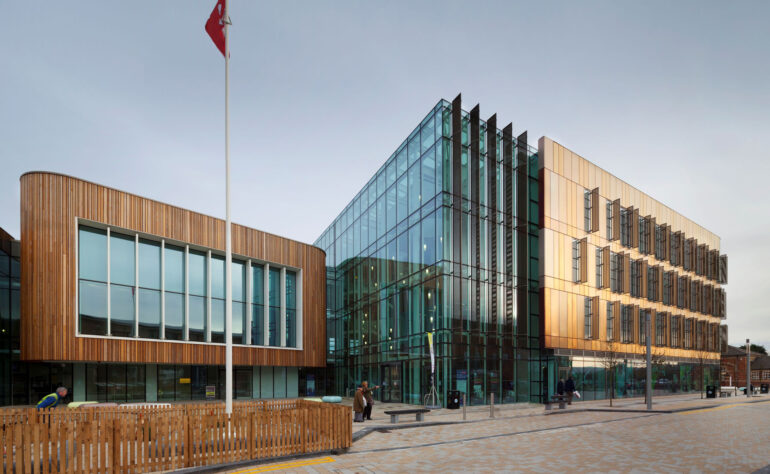Redcar & Cleveland Council has backed an end to heather burning to save the region’s peat moors from being damaged for grouse shooting.
The local authority has called for the environmentally harmful practice, which is performed to provide younger, more nutritious heather to be eaten by grouse reared for shooting, to stop to help tackle climate change and improve air quality.
Its plea comes after at least 30 fires were set on the grouse moors near Commondale during the COP26 climate conference.
A spokesperson for Redcar & Cleveland Council said in a statement to the Northern Echo:
“The Council has publicly stated its aim of a carbon neutral Redcar & Cleveland by 2030. We are fortunate in this area to have extensive peat moorland providing vital, natural carbon storage, as well as habitat for wildlife.
“It is extremely disappointing that the practice of burning areas of the moorland continues anywhere in the country, but especially in our local area, hampering attempts to tackle climate change and damaging biodiversity. The fact that this has coincided with COP26 only serves to draw additional attention to it and will heighten calls for it to be abolished.
“We know that the government has received recommendation that grouse moor burning is completely banned to protect peatlands from further damage and the Council would be supportive of such a ban.”
The nation’s peatlands store more carbon than all the forests in the UK, France and Germany combined. But grouse moor burning has become the biggest threat to some of the country’s most important conservation sites. Subsequently, only 4% of England’s upland peat is in favourable condition which is converting these important habitats from carbon stores into carbon emitters.
In recognition of the environmental damage caused by burning the government introduced a partial ban on the practice in May, acknowledging that “burning is damaging to peatland formation” and “makes it more difficult or impossible to restore these habitats to their natural state”.
However, Wild Moors is warning that many of Britain’s grouse moors, including those burning near Commondale, are exempt from the new rules because they are located on degraded shallow peat, not blanket bog. This is despite them urgently needing to be restored to a healthier, deeper state to help tackle climate change and flooding.
The Climate Change Committee, which advises the government on environmental action, has recommended that grouse moor burning is completely banned to protect peatlands from further damage.
Luke Steele, Executive Director for Wild Moors, said:
“It’s past time to put an end to the burning of sensitive peatlands for grouse shooting — a practice which degrades fragile ecosystems, releases climate-altering gasses into the atmosphere and worsens flooding in communities downstream from grouse moors.
“With burning continuing on grouse moors across northern England, we commend Redcar & Cleveland Council for giving its support for an end to burning to help save the region’s peatlands from further damage.”
– ENDS –
Notes for editors:
- Wild Moors works to unlock an area of uplands the size of Greater London from grouse shooting for nature restoration by 2030. By working with communities, companies and government, Wild Moors acts as a catalyst for effective and lasting change.
- Research by the University of Leeds and others has found that grouse moor burning degrades peatland habitat, reduces biodiversity and increases flood risk.
- Print quality photographs and broadcast quality footage of burning on Commondale Moor, which forms part of the Guisborough Estate, are available to download here, with full permission granted for re-publication.
